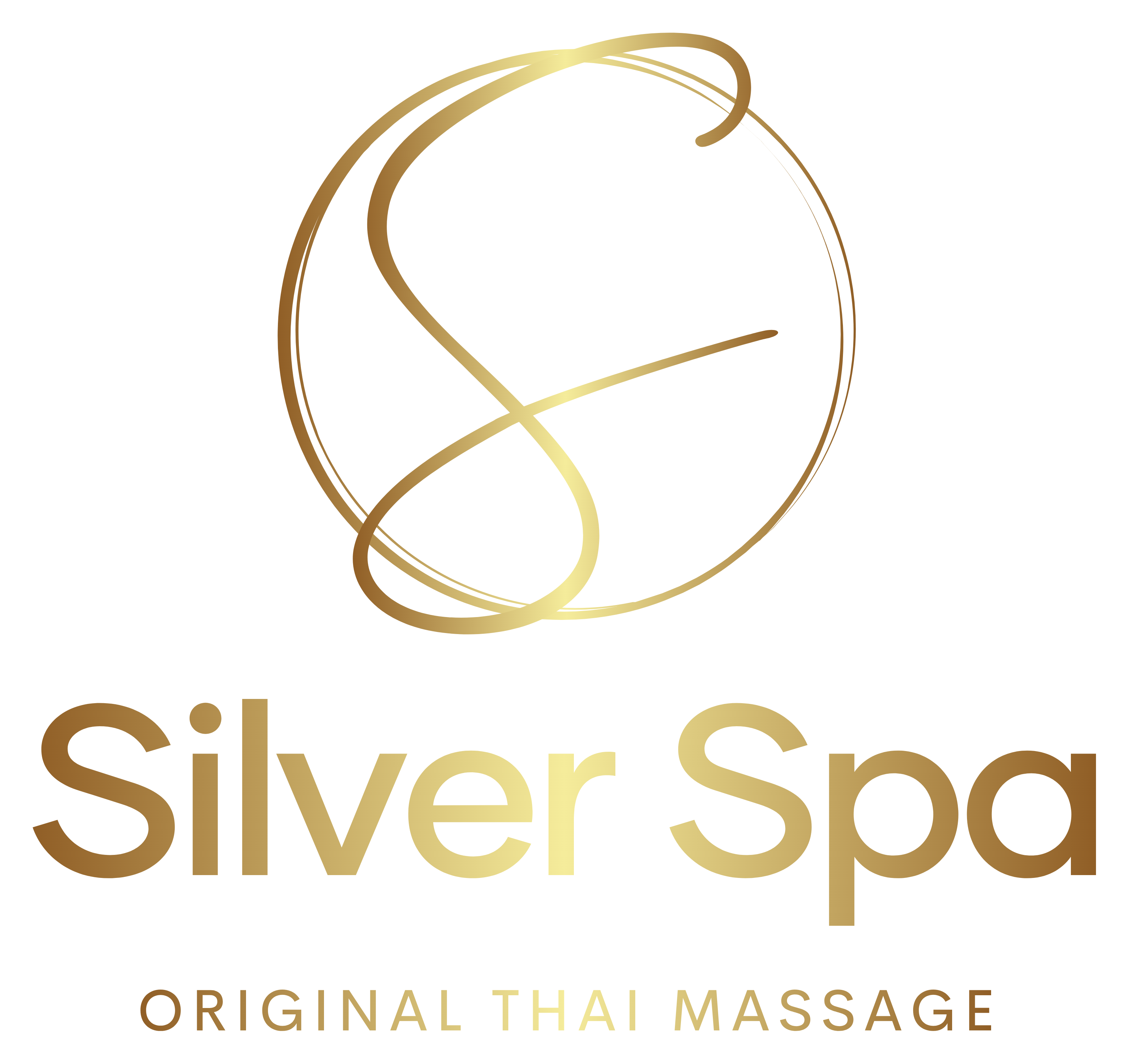Before and After the Massage
Here are some simple tips to help you maintain and balance your body before and after your massage.
Before
- Eat Lightly: Ensure you have had a meal a few hours before or eat something light, like fresh fruits, at least 1 hour before the massage.
- Hydrate: Drink some water or tea; avoid coffee and alcohol.
After
- Drink Water: Drinking water after a massage is recommended by massage therapists and other health care practitioners. Proper hydration helps the kidneys and other organs process substances released by the muscles during the massage. It also helps flush out accumulated materials and waste products, reducing muscle aches and soreness.
- Warm Bath: A warm bath, especially with Epsom salts, is soothing and helps draw out toxins. Epsom salts are magnesium sulfate, a natural muscle relaxer. Avoid extremely hot baths if you have inflammation.
- Body’s Reaction: You might feel sore after the massage, which is normal, especially with deep tissue or Swedish massages. This soreness should last only a day or two. Stretch before your next massage and inform your therapist of any particularly painful areas.
- Rest: You may feel tired and want to take a nap. Listen to your body and rest if possible. Massage works on both the body and mind, helping to destress and relax you.
Note on Eating Before and After
- Before: Avoid heavy meals but don’t come on an empty stomach. Eating a banana or some fruits 1-2 hours before the massage and drinking water is recommended.
- After: Eat light meals like steamed or lightly stir-fried vegetables with rice, noodles, or pasta, accompanied by water or herbal tea.
Why Am I Sore?
Experiencing soreness or tight muscles after a massage is normal, especially if it’s been a while since your last massage or if you’ve never had one. This discomfort usually lasts a few hours to about a day and a half.
Reasons for Soreness
- Muscle Manipulation: Pressure and movements during a massage can break apart spasms or micro-scars in the muscle fibers, causing soreness similar to post-exercise.
- Inflammation Response: The body may respond to muscle manipulation with an inflammatory response.
- Dehydration: Proper hydration can help reduce soreness.
- Tense Muscles: Particularly tense or knotted muscles before the massage can lead to soreness as they are worked out.
- Individual Sensitivity: Everyone’s body reacts differently to massage; some might be more sensitive and experience soreness even with gentle massages.
Understanding Massage as the Body’s Workout
Some massages, like traditional Thai or deep tissue massages, focus on specific muscle groups and can cause more soreness due to deeper pressure. According to experts, this is similar to post-workout soreness as it forces blood into your muscles, bringing in nutrients and temporarily increasing inflammation.
Communicate with Your Therapist
It’s important to communicate with your massage therapist regarding your expectations and current state of health. This allows the therapist to tailor the massage to your personal needs and make adjustments in intensity or technique as the session proceeds.
Managing After-Effects
- Hydrate: Drink plenty of water immediately following your treatment and continue for the next day or two.
- Relax: Take it easy after your massage. Go home, relax, and allow your body to find its balance naturally.
- Regular Practice: Make bodywork a habitual practice for good health.
Embrace Different Emotions
Massage may release emotions. You might feel the need to cry, feel elated, or full of energy. These responses are normal. Allow these emotions to come, and you should feel better afterward.
Copyright 2026 Silver Spa | Terms & Conditions | Privacy Policy | Disclaimer
